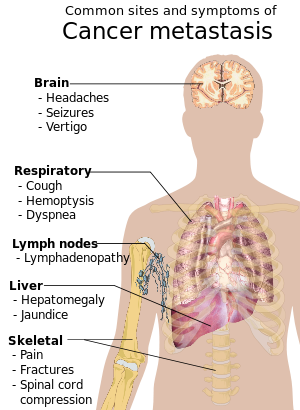-----
Posted: 14 December 2011
JERUSALEM: Israeli medical researchers say they have developed a new technique for blasting cancer tumours from inside out which reduces the risk of the disease returning after treatment.
Tel Aviv University professors Yona Keisari and Itzhak Kelson are about to start clinical trials of a pin-sized radioactive implant that beams short-range alpha radiation from within the tumour.
Unlike conventional radiation therapy, which bombards the body with gamma rays from outside, the alpha particles "diffuse inside the tumour, spreading further and further before disintegrating," a university statement quoted Keisari as saying.
"It's like a cluster bomb -- instead of detonating at one point, the atoms continuously disperse and emit alpha particles at increasing distances."
The university said that the process takes about 10 days and leaves behind only non-radioactive and non-toxic amounts of lead.
"Not only are cancerous cells more reliably destroyed, but in the majority of cases the body develops immunity against the return of the tumour," the statement said.
The wire implant, inserted into the tumour by hypodermic needle, "decays harmlessly in the body," it added.
It went on to say that in pre-clinical trials on mice, one group had tumours removed surgically while another was treated with the radioactive wire.
"When cells from the tumour were reinjected into the subject, 100 percent of those treated surgically redeveloped their tumour, compared to only 50 percent of those treated with the radioactive wire," it said.
"The researchers have had excellent results with many types of cancer models, including lung, pancreatic, colon, breast, and brain tumours."
It added that the procedure would begin clinical trials at Beilinson hospital, near Tel Aviv, "soon."
- AFP/wk
Taken from ChannelNewsAsia.com; source article is below:
Israeli scientists develop cancer 'cluster bomb'









































